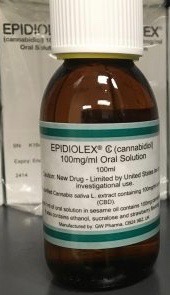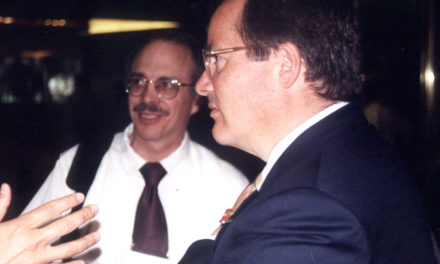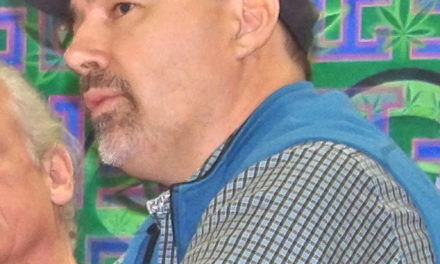GW Pharmaceuticals PLC said it plans to charge about $32,500 per patient annually in the U.S. for its new treatment for rare forms of epilepsy, the first prescription drug derived from the marijuana plant.
Chief Executive Justin Gover said in an interview Wednesday that the company set the price to be in line with other brand-name epilepsy drugs, such as H. Lundbeck A/S’s Onfi. He noted that the FDA designated the product an “orphan drug,” meaning it treats rare conditions, and that some other orphan drugs carry higher prices.
Out-of-pocket costs for patients taking Epidiolex could range from $5 to $10 a month for those in state Medicaid programs to as high as $200 a month for some private insurance plans, Julian Gangolli, president of the company’s North America unit, said on a conference call with analysts Tuesday. Uninsured patients may qualify for receiving the drug free.
Dr. Jacqueline French, chief scientific officer of the Epilepsy Foundation, said there are low-cost generic epilepsy drugs on the market, but many patients with the rare forms of the disease have already tried them and the drugs didn’t help much.
Dr. French said Epidiolex improved symptoms for many children in clinical trials, and she is happy the price isn’t significantly higher.
The company expects to make the drug available after the U.S. Drug Enforcement Administration assigns it a controlled-substance classification, a decision expected by late September. GW Pharmaceuticals will distribute the drug through specialty pharmacies that ship directly to patients and caregivers.
FDA approval of a CBD extract means that cannabidiol now has an acknowledged medical use and therefore doesn’t fit a key criterion of Schedule I status. DEA rescheduling is supposed to follow as day follows night. Logically, the DEA resked should apply to cannabidiol, the molecule. But fixisin.com says CBD will remain on Sked I, with an exception created for CBD in an FDA-approved pharmaceutical.





